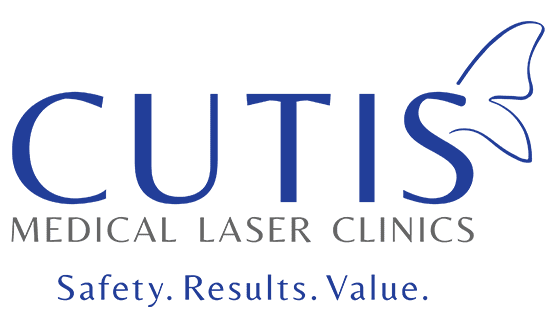One frustrating thing about stubborn acne is that it is difficult to treat. If you feel like you’ve tried just about everything to clear your blemishes but they still won’t back down, you may be wondering if you’ll be able to achieve clear skin.
Fortunately, in most cases, you can get rid of acne and pimples with the right treatment. This includes over-the-counter (OTC) or prescription medications, home remedies, and changes in your skincare habits. Here are a few things that can help:
Wash your face twice daily (and after sweating)
When you have acne, it is recommended to wash your face after waking up, before going to bed, and after sweating or a sweat session. Don’t wash your face several times daily as it can only irritate your skin and worsen your acne.
Don’t pick, pop, or touch your acne
Keep your hands off your face. While picking and popping may seem like the easiest way to clear off a pimple, it would only lead to scars and slow down the healing process. Plus, touching your face can easily transfer oil and dirt from your fingers to your face.
Use OTC treatments
OTC treatments for acne contain active ingredients that can help fight acne bacteria and prevent new ones from forming. Just be sure to follow directions and give the medication time to work. OTC treatments for pimples usually contain:
- Salicylic acid – exfoliates skin surface and unclogs pores
- Benzoyl peroxide – fights and decreases acne-causing bacteria
- Retinoids (made from vitamin A) – unclog pores and reduce formation of acne scars
Consider prescription medication
Some of the OTC treatments mentioned above are also available in prescription-strength formula. A dermatologist or an aesthetic doctor might recommend such medications or tailor a treatment plan to address your concerns.
Give your treatment four to six weeks to work
Using a new acne treatment can sometimes make your acne worse, before it gets better. This is why you need to give the medication four to six weeks to work. Avoid changing products every few weeks or days, as it can only irritate your skin. If the medication seems to be working, it can take two to three months for your blemishes to clear up.
Wash things that come into contact with your skin or face
These include hats, pillowcases, headbands, and other accessories that touch your face. Dirt, bacteria, and dead skin cells can accumulate on these surfaces and trigger acne by clogging your pores. Cleaning and washing these things regularly can make a difference.
Get help or consider aesthetic treatments
If OTC medications don’t seem to work after several weeks or months, it is advisable to seek expert help. A dermatologist or aesthetic doctor may create a treatment plan based on your needs and concerns. S/he might also recommend aesthetic procedures that can help fight acne. These include:
- VI Peel – This stronger type of chemical peel can help clear acne conditions, soften wrinkles, and improve the appearance of age spots. It contains a special formulation that can also reduce acne scars, freckles, and hyperpigmentation.
- Anti-acne Peel – This contains a high yet safe concentration of salicylic acid. It can reduce acne by killing acne-causing bacteria and unclogging pores. It is beneficial in treating mild or moderate acne vulgaris on the face, neck, and back.
- Clarifying Facial with Sapphire – This medical grade facial uses Sapphire Blue Light Therapy to kill acne-causing bacteria, heal the skin, clear inflammation, and address other skin surface problems.
- Skin Rejuvenation Laser Skin Therapy – This uses a laser technology that can improve skin texture by treating enlarged pores, fine lines, skin redness, and uneven skin tone. You can also combine Skin Rejuvenation Laser with chemical peel to combat acne and other blemishes.
Give yourself a good fighting chance against acne with the tips mentioned above. If your acne or skin quality bothers you, don’t hesitate to contact Cutis Medical Laser Clinics in Singapore today and schedule a consultation with our Harvard-trained aesthetic doctor, Dr. Sylvia Ramirez.
- If you would like to be an informed patient, please contact us at +65-6801-4000 or
hello@cutislaserclinics.com. - Cutis Medical Laser Clinics, 9 Scotts Road Pacific Plaza, Scotts Medical Center #08-07, Singapore – 228210
+65-6801-4000 - hello@cutislaserclinics.com
